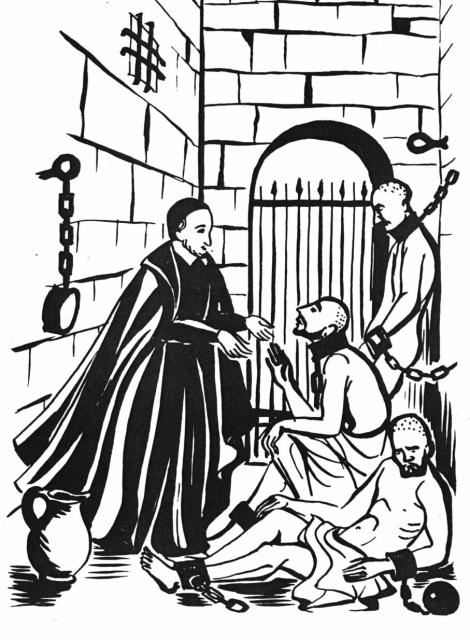 Unfortunately such reports are becoming more and more common.
Unfortunately such reports are becoming more and more common.
“Thrown in jail for being poor: the booming for-profit probation industry”
“Many poor Americans face jail when they can’t pay steep fines for nonviolent crimes, like $1,000 for stealing a $2 beer. So begins a story in the Guardian.
Despite the fact that the US supreme court ruled in 1983 that offenders cannot be jailed when they can’t afford to pay their fines, an increasing number of poor, low-level offenders are doing time because they can’t keep up with fees they owe to courts and private probation companies. To some it resembles a variation on the old Victorian workhouses and debtors’ prisons, moved from Dickensian England to the modern United States.
More than 1,000 low-level courts across the US rely on the so-called “offender-funded” probation model, signing contracts with for-profit companies that oversee probation requirements like monitoring, drug tests and fine collection. The decades-old, for-profit probation industry is deeply rooted in the south, and especially in Georgia, but courts in states as far-flung as Michigan, Montana and Washington have also embraced aspects of privatized probation.
States sign up with private probation companies in the hopes of saving money. Misdemeanor offenders are rarely hardened criminals; they crowd county courts with nuisance cases like driving without a license and public drunkenness.
Throwing those nonviolent criminals in jail – especially when there are so many of them – gets expensive for cash-strapped states. Misdemeanor cases fill up jail cells with minor offenders who present no threat to society, but a great cost to the government: at a price to states and counties of around $50 per day per prisoner. In comparison, putting a nonviolent offender on probation costs, according to one estimate, only about $1.25 a day.
It costs even less when the states and counties hire private companies to monitor those on probation. Sentinel Offender Services and Judicial Corrections Services are the two big players in the industry, although there are a smattering of smaller companies.
Those companies make offenders pay for their own probation by charging them fees. It saves the states and counties a lot of money. It also makes the companies a lot of money: Human Rights Watch estimated that private probation companies in Georgia alone rake in nearly $40m in fees a year.
While states save and companies profit, the offenders pay a lot. There is no cap on the amount of fees a private company can charge minor offenders, and the longer the probation period, the higher the fees.
In some cases, the probation fees can add up to twice as much – or more – than the court-ordered fines.
Read the full story
Tags: Advocacy, Poverty Analysis, prison

